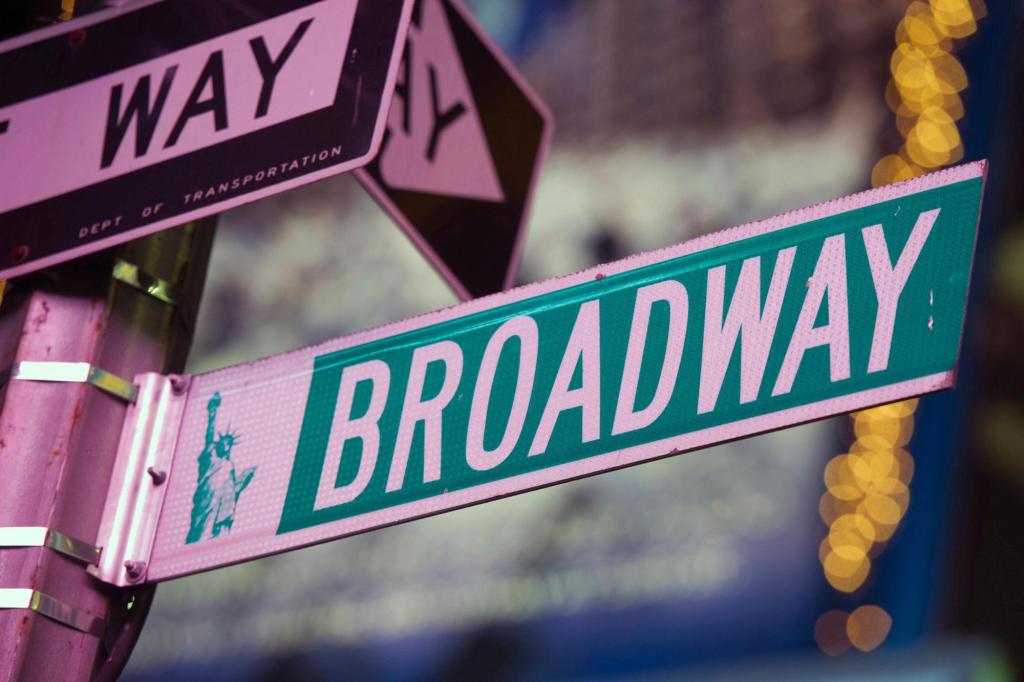In the vibrant world of Broadway, where magic happens on stage, labor negotiations can cast a shadow over the art. Recently, the Actors’ Equity Association, which represents over 51,000 performers including actors, dancers, and stage managers, reached a tentative agreement with commercial producers. This news comes at a pivotal moment, as the musicians’ union is still in negotiations, raising questions about the future of live performances. What does this mean for the theater community and its fans? Let’s dive into the details to understand the implications of these negotiations.
Actors’ Equity and its New Agreement
The Actors’ Equity Association announced a significant milestone with a new three-year contract covering various essential aspects like health care, scheduling, and physical therapy provisions. This agreement is particularly crucial now, as both unions have been working under expired contracts. The previous contract for Actors’ Equity lapsed on September 28, while the musicians’ contract had already expired on August 31.
Jason Laks, the president of The Broadway League, expressed satisfaction with the outcome, noting that both parties worked diligently to achieve a fair contract. This tentative agreement will be presented to the members for ratification, marking a hopeful step forward in the labor landscape of Broadway.
The State of the Musicians’ Union
Meanwhile, the American Federation of Musicians Local 802, representing about 1,200 musicians, has yet to finalize its own agreement. In light of stalled negotiations, the musicians have voted in favor of a strike authorization, indicating their readiness to take action if necessary.
Al Vincent Jr., the executive director of Actors’ Equity, has vocalized strong support for the musicians, emphasizing the importance of unity among the unions. «We are putting our full support behind AFM Local 802 as they work with the League to reach a deal that averts a strike,» he stated.
The Impact of Potential Strikes
The mere possibility of a strike looms large over Broadway, particularly after the devastating impacts of the COVID-19 shutdown. A strike could severely disrupt the industry just as it seems to be regaining its footing. The last major strike occurred in 2007, resulting in a 19-day walkout that dimmed the lights on numerous productions and cost the city millions.
Both unions are keenly aware of the stakes involved. The musicians’ union has publicly stated their commitment to returning to the negotiating table to reach a deal that avoids a strike. Until then, preparations for a potential strike are underway, underscoring the urgency of the situation.
Conclusion: A Community on Edge
As negotiations continue, the entire theater community watches closely. The resolution of these labor disputes will not just determine the future of Broadway productions but also the livelihoods of thousands involved in this beloved art form. In a landscape where every show matters, the pressure is palpable. How will the negotiations unfold, and what will they mean for the future of live theater? Only time will tell.





















